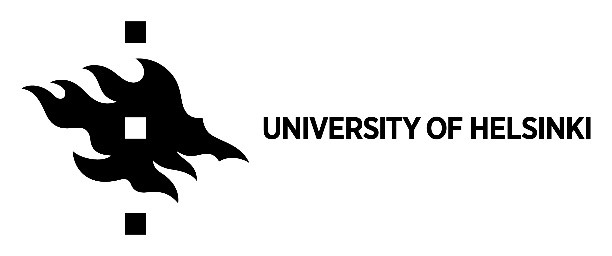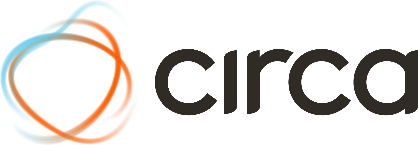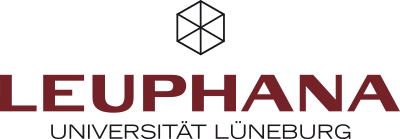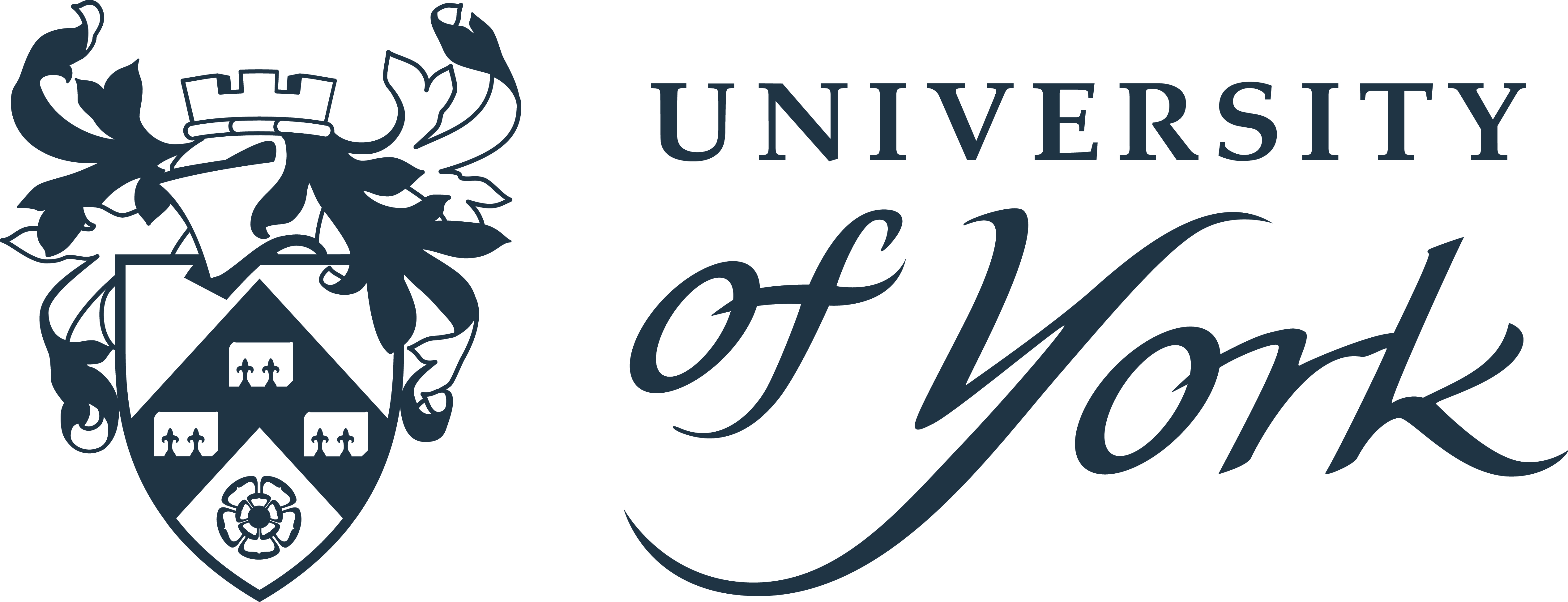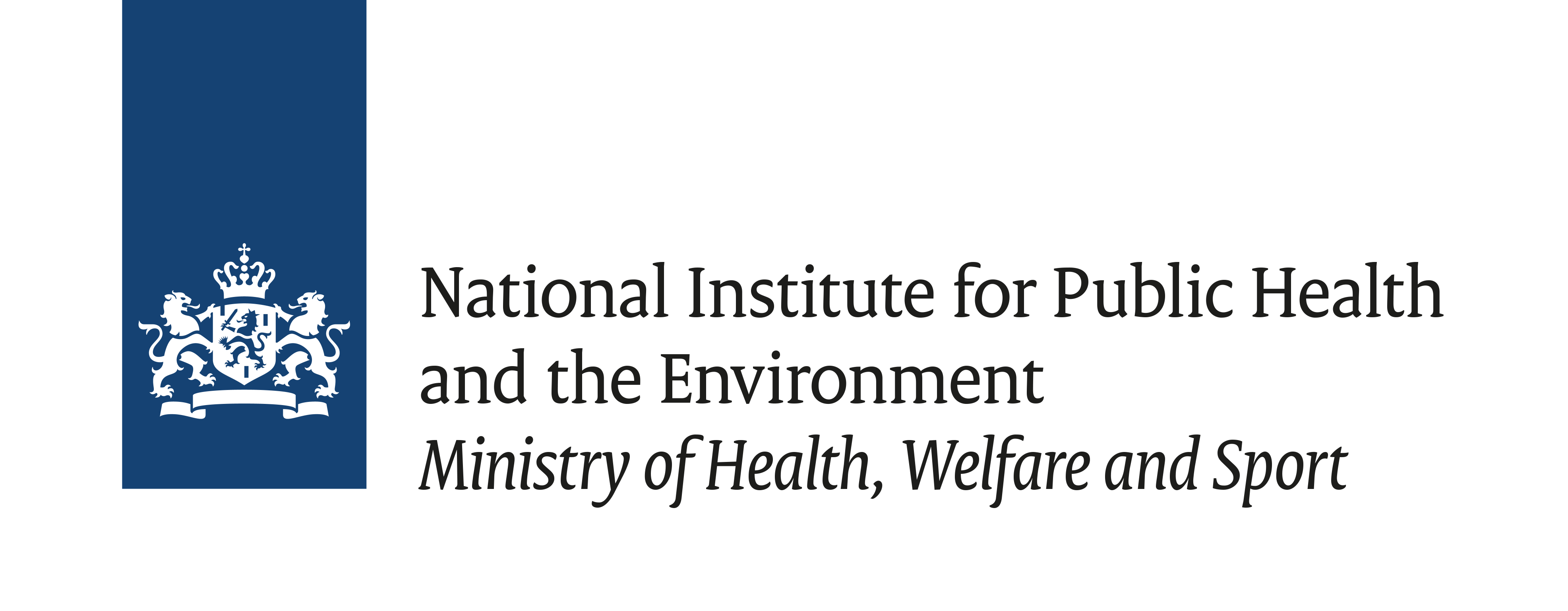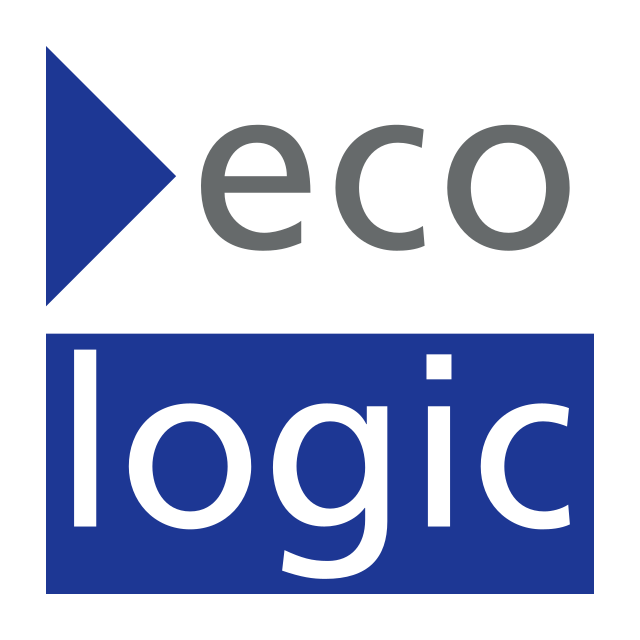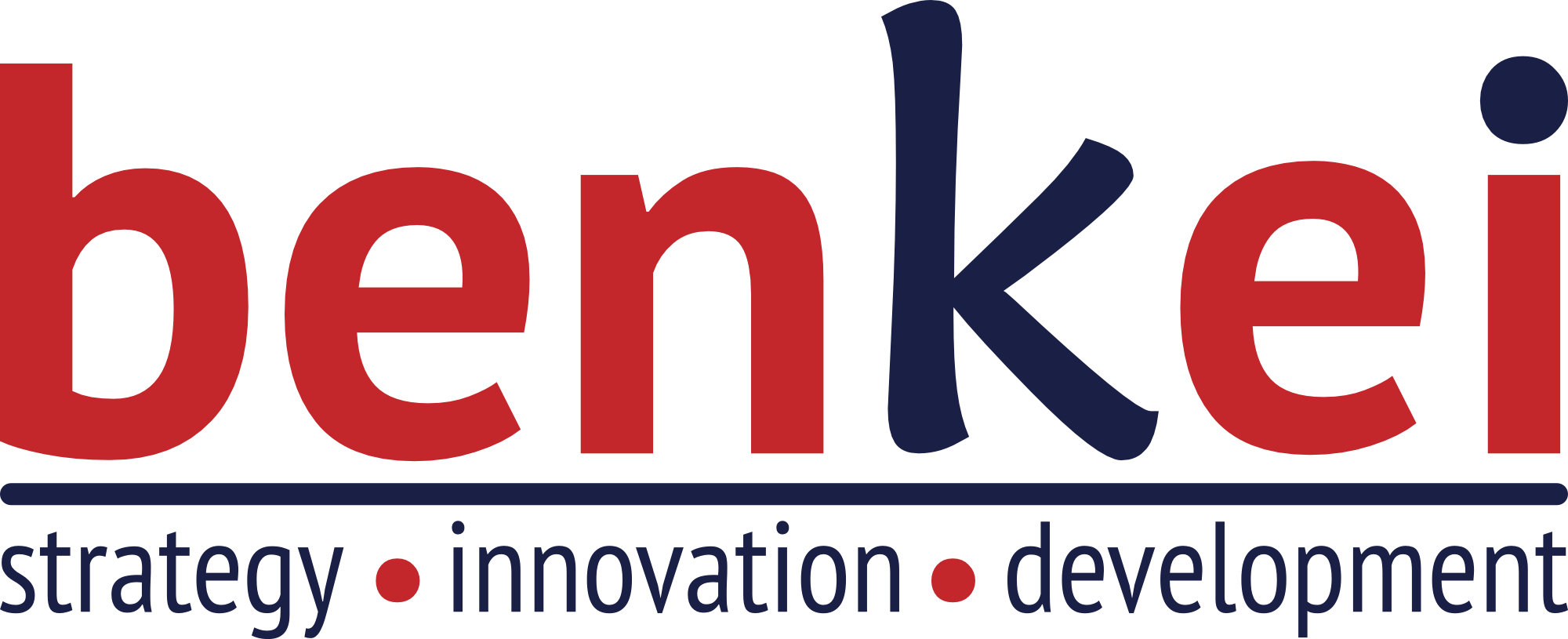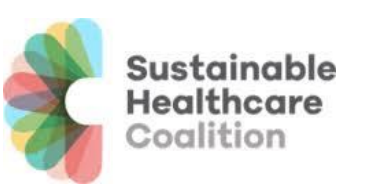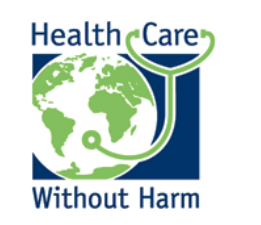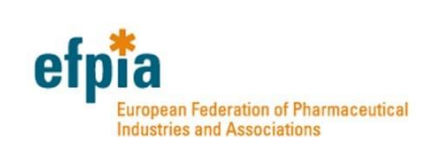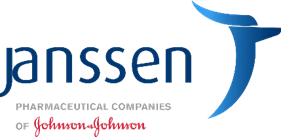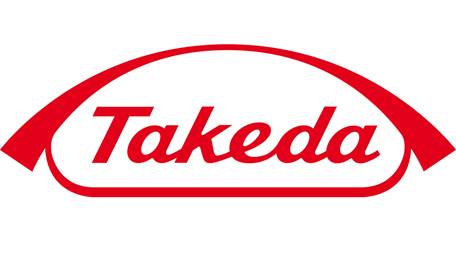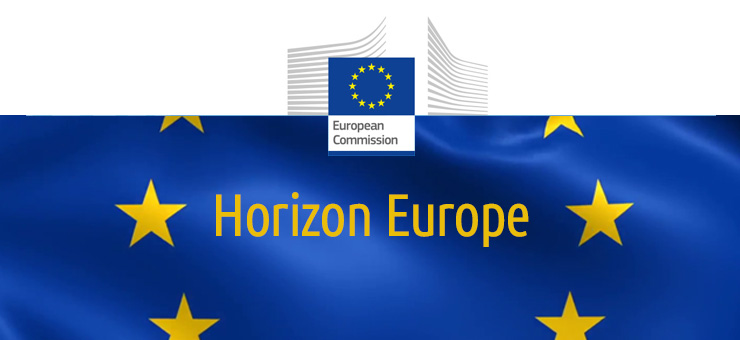

The partners divided in the work packages
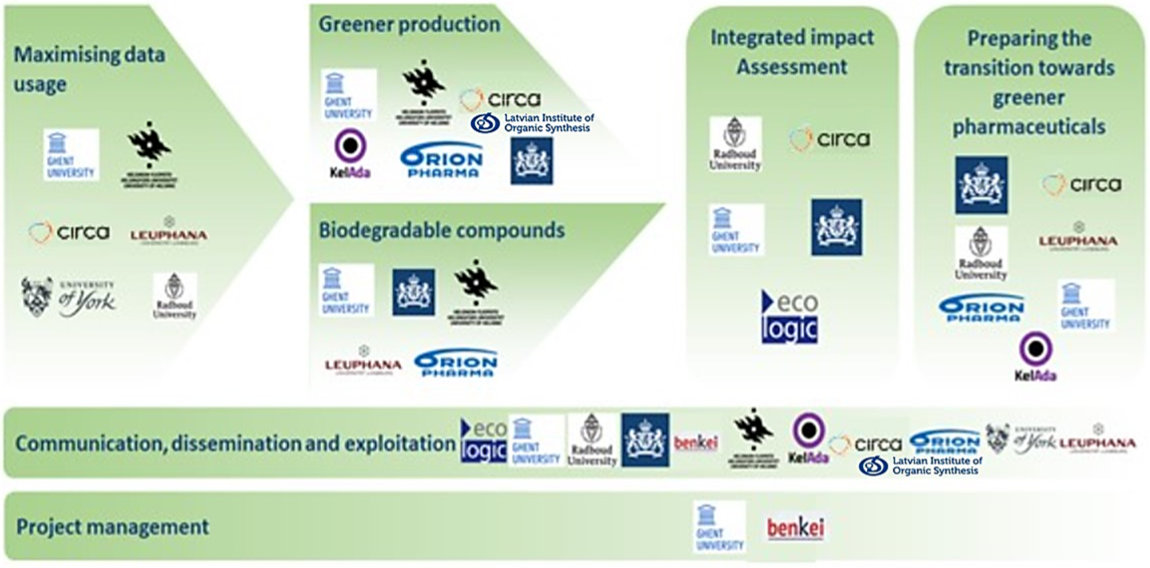
| WP | Title WP | Leader WP |
|---|---|---|
| 1 | Maximising data usage with artificial intelligence | UGent – Kevin Van Geem |
| 2 | Development of biodegradable compounds | LEU – Klaus Kümmerer |
| 3 | Greening pharmaceutical production | UGent – Chris Stevens |
| 4 | Integrated sustainability assessment | RU – Ad Ragas |
| 5 | Preparing for the transition to greener pharmaceuticals | RIVM – Bastiaan Venhuis |
| 6 | Stakeholder engagement, communication, dissemination, exploitation and training activities | Ecologic – Rodrigo Vidaurre |
| 7 | Project Management | UGent – Chris Stevens |
Project partners and financing


This project has received funding from the European Union’s Horizon Europe research and innovation programme under grant agreement No 101057816 – TRANSPHARM

